ADDRESSING CLIMATE CHANGE
Navistar takes seriously our responsibility to address the challenges of climate change and to do our part to accelerate the movement toward sustainable mobility.
Two strategic areas – decarbonization and circularity – will help drive us there.
CLIMATE CHANGE AND SCIENCE-BASED TARGETS
Science-based targets (SBTs) are greenhouse gas reduction goals for businesses aligned with the Paris Climate Agreement. We plan to submit targets for Scope 1, 2, and 3 emissions to the Science-Based Targets Initiative (SBTi), an independent group that validates corporate targets, in 2023.
TOWARD A CIRCULAR ECONOMY
Circularity focuses on maximizing resources and minimizing waste. From raw materials to remanufacturing and recycling, we are committed to state-of-the-art sustainability stewardship across the lifecycle of our solutions. This includes evaluating energy and materials used in production, energy that fuels product distribution, and how customers use our products.



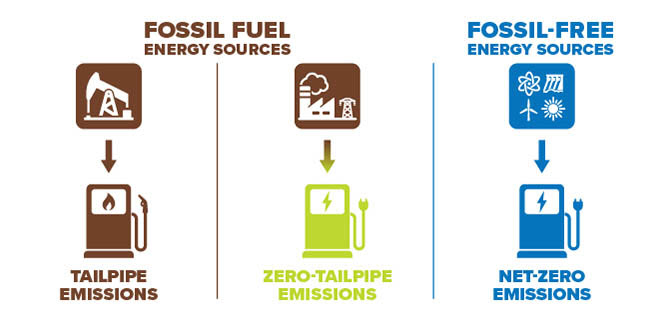

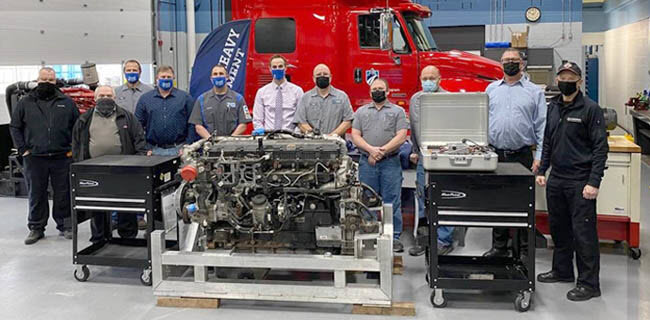
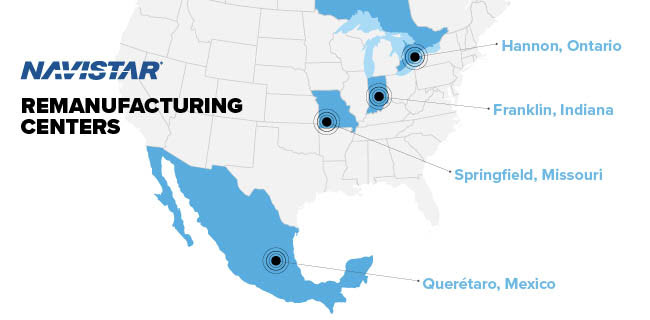
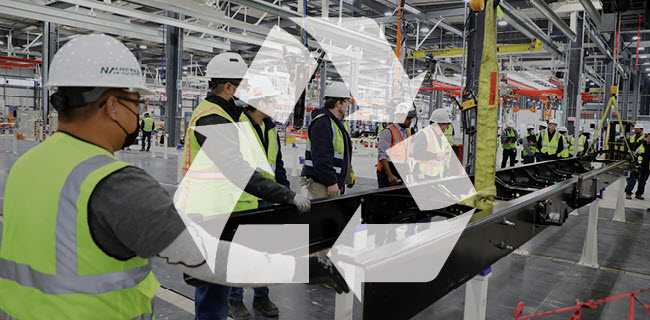
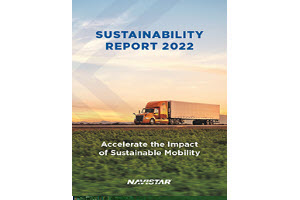 2022
2022
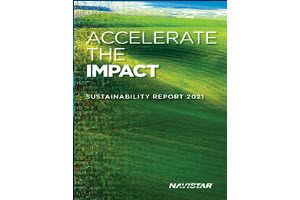 2021
2021
 2020
2020
 2019
2019
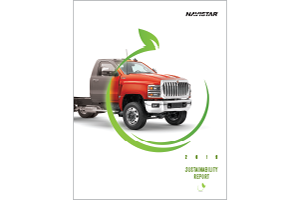 2018
2018
 2017
2017
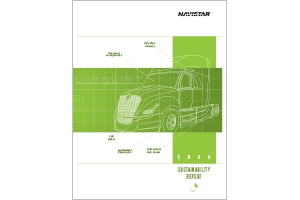 2016
2016
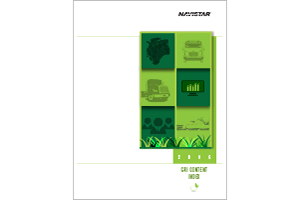 2016
2016
 2015
2015
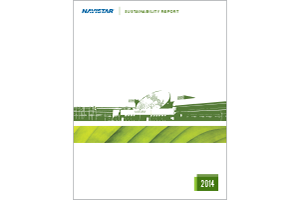 2014
2014